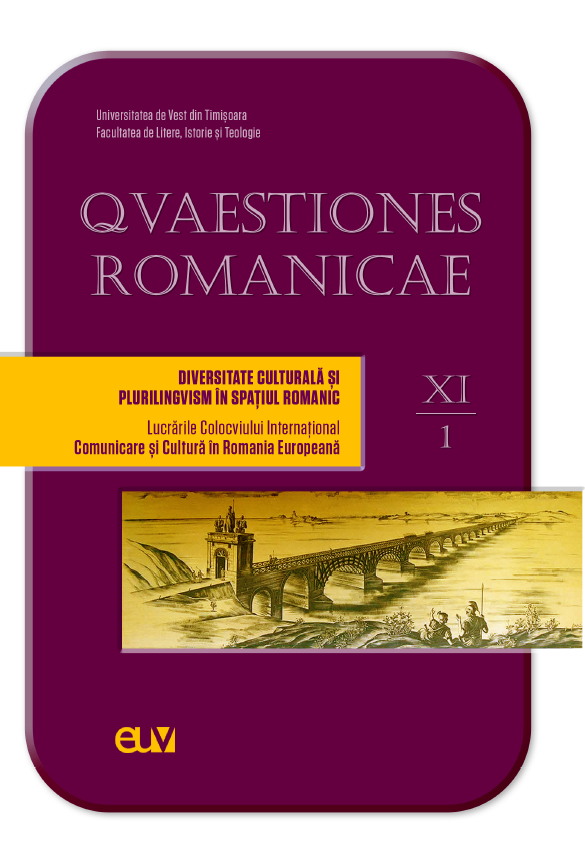Sensibilități și controversate în predarea istoriei
Abstract: (Teaching about sensitive and controversial issues în History classes) The study of history not only helps us understand particular events of the past but also indicates how we should behave to avoid repeating some reprobable actions of a distant or more recent past. Conventional history teaching singles out one perspective of events as “the truth”, but this approach must be reconsidered in a European continent that aims to be a truly integrated community. It is a known fact that historical truths are not absolute and that historical knowledge is subjective, therefore controversial issues must be approached in a multidisciplinary manner in history classes as their understanding contributes to the understanding of the present. History often generates strong moral reactions, as some events are considered with admiration, others with discontentment, and others only with remembrance. Controversial and sensitive events are present at some point in the history of every nation. They are usually issues considering central aspects of group identity and refer to painful episodes or shameful events from the historic past of nations, which can be sensitive without being explicitly controversial. The reconstruction of the historic past during history classes may generate controversies difficult to manage by the history teacher due to these difficulties and the various facets of the same events given by different researchers. These controversies may also be caused by the inconsistencies between the issues taught in school, the history of the family or the communities, and other histories. Controversial and sensitive issues must be taught in class by using distancing and compensating, empathic strategies, or by using exploratory strategies which can generate in students the ability to critically analyze evidence and data to avoid the emergence of stereotypes and to offer insight into the possible consequences of present actions.
Keywords: sensitive issues, controversies, history, stereotype, strategy.
Rezumat: Studierea istoriei ne arată nu numai ce s-a întâmplat în trecut, ci ne poate învăța și ce trebuie să facem astăzi pentru a preîntâmpina unele acte reprobabile din trecutul mai apropiat sau mai îndepărtat. Predarea istoriei convenționale vizează o singură interpretare a evenimentelor ca fiind „adevărul”, dar această abordare trebuie revizuită într-o Europă care se dorește integratoare. Știm cu toții că adevărurile istorice nu sunt absolute, de altfel cunoașterea istorică are un caracter subiectiv. Este absolut necesară o abordare multiperspectivală la clasă a problemelor asupra cărora planează controverse, iar studierea lor poate contribui la înțelegerea prezentului. Istoria evocă adesea răspunsuri morale puternice, deoarece privim unele aspecte din trecut cu admirație, alte aspecte le privim cu condamnare iar altele cu simpla amintire. Istoria fiecărui popor se confruntă la un moment dat cu o serie de probleme controversate și sensibile. De obicei problemele sensibile și controversate vizează aspectele centrale ale identităţii de grup și se referă la episoade dureroase sau evenimentele rușinoase din trecutul unui grup pot fi sensibile fără a fi în mod explicit controversate. Datorită acestor probleme și a interpretărilor diferite a unuia și aceluiași eveniment de către specialiști diferiți, reconstituirea trecutului istoric poate genera la clasă controverse uneori greu de gestionat de către profesorul de istorie. Ele pot fi generate și de neconcordanțele dintre ceea ce se predă în școală, istoria familiei sau a comunității și alte istorii. Aceste probleme sensibile și controversate trebuie abordate la clasă cu ajutorul strategiilor de distanțare, a celor compensatorii, empatice sau a strategiilor exploratorii, care să ducă la formarea în rândul elevilor a unor competențe de analiză critică a dovezilor pentru a fi evitată apariția stereotipurilor și care pot oferi o perspectivă asupra posibilelor consecinţe ale acţiunilor contemporane.
Cuvinte-cheie: probleme sensibile, controversă, istorie, stereotip, strategie.
